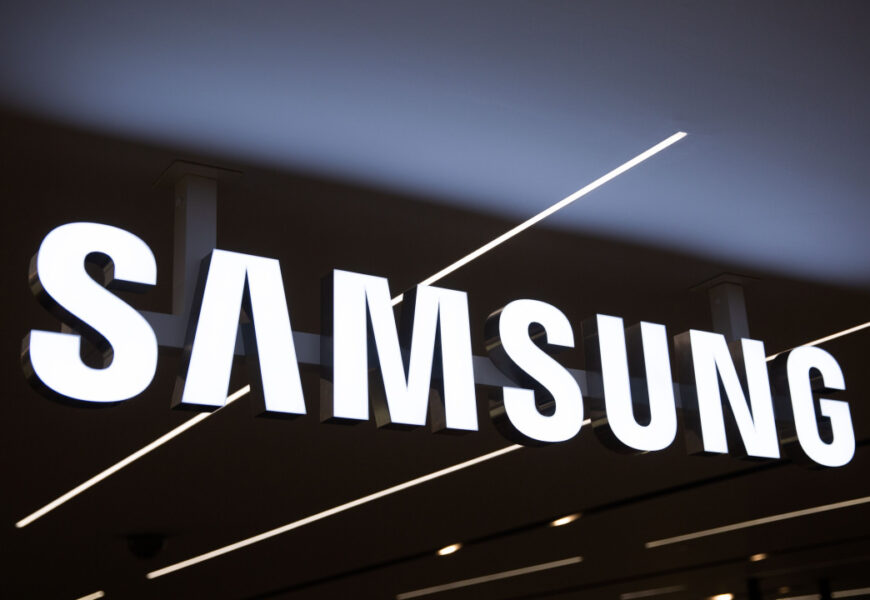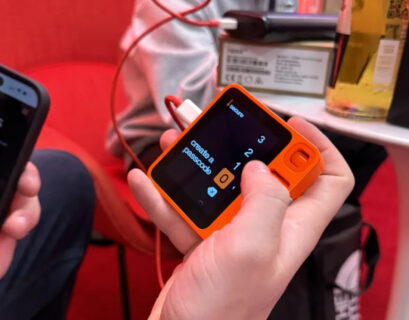Samsung is reportedly planning to enhance its voice assistant Bixby by transitioning it into a generative artificial intelligence (AI) platform.
Executive Vice President at Samsung’s mobile business, Won-joon Choi, mentioned in an interview with CNBC that with the advancements in generative AI and large language model (LLM) technology, there is a need to redefine Bixby’s role. This upgrade aims to equip Bixby with generative AI capabilities to enhance its intelligence in the future, enabling more natural interactions and better support for Samsung’s ecosystem of products.
Initially introduced seven years ago with the Galaxy S8 smartphone, Bixby has expanded its presence across Samsung’s product range, including various gadgets and appliances.
Traditionally, voice assistants have primarily focused on responding to user queries, but with the evolution of relational AI, AI chatbots are becoming more proficient at handling complex requests.
While Bixby has not yet integrated the capabilities of OpenAI’s ChatGPT LLM, Samsung, along with other device manufacturers, aims to incorporate more advanced AI features into their products.
Samsung recently unveiled its Galaxy S24 series in January, featuring AI-powered functionalities like live phone call translations, voice recording transcriptions, image search, and photo editing. This release signifies a new chapter in mobile AI technology for Samsung, as they strive to compete with Apple, who recently surpassed Samsung as the leading smartphone brand after a 14-year reign, as reported by PYMNTS.
Voice AI technology continues to present challenges, with efforts ongoing to enhance its capabilities. Research indicates that AI systems perform best when tailored to specific tasks using domain-specific datasets, highlighting the distinct differences between human cognition and AI functionality.
According to PYMNTS Intelligence, consumer adoption of voice technology is contingent on its ability to match human-like capabilities, simplify manual tasks, and offer faster alternatives to traditional input methods like typing or touchscreen interactions.










